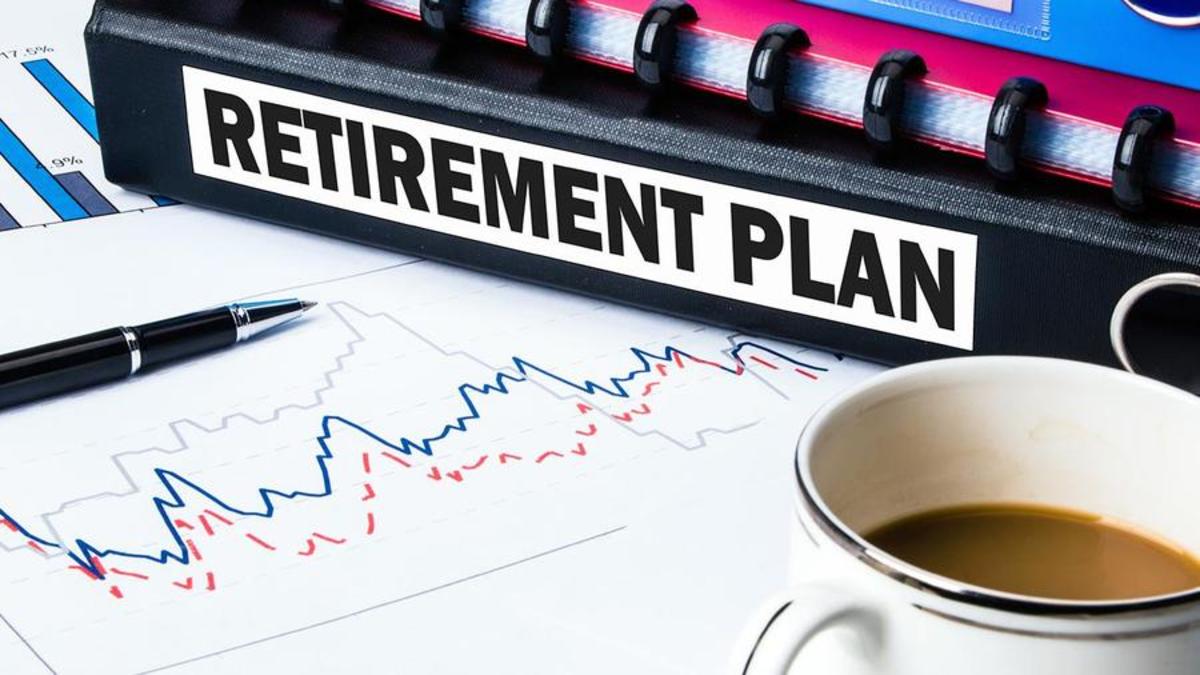
Economic factors and market conditions can impact a person’s sense of financial security and confidence in their retirement plan. For young workers just getting started with 401(k) plans and older workers on the cusp of retirement, 2024 has brought a slight sense of relief.
Charles Schwab recently released its 401(k) Retirement Study, and the findings show that consumer confidence in retirement planning has increased between 2023 and 2024. The data also note a strong appetite for financial guidance across all age groups.
Related: The average American faces one major 401(k) retirement dilemma
TheStreet met with Marci Stewart, head of client experience at Charles Schwab Workplace Financial Services, to unpack the data.
The key takeaways from the survey indicate that access to financial guidance increases overall retirement confidence: Fifty-five percent of respondents note that they would be comfortable making 401(k) investment decisions with the help of a financial professional, versus 29% who feel the same making decisions on their own.
Tapping into the hunger for financial knowledge may be the best way to ease retirement concerns amidst inflation, volatile market conditions, and inconsistent 401(k) performance.
Confidence in retirement has increased despite stubborn inflation and market volatility
Workers believe there’s a higher likelihood that they’ll reach their retirement savings goal this year (43%) than they felt in 2023 (37%). The average worker’s estimated retirement age is now 65, down from 66 in 2023.
Though inflation and stock market volatility remain among workers' top concerns, fewer view them as obstacles to a comfortable environment.
“For the last several years, we've seen that market volatility and inflation have been two key obstacles to saving for retirement," Stewart explained. "When we talk to clients, we often hear that things are more expensive right now, and it’s hard to balance competing priorities.”
“The inflation rate is slowing, and the cost of goods and services isn't going up as rapidly as it was," she continued. "While prices haven't necessarily come down, I think people are more accustomed to the cost of things because we've been in this environment for several years at this point."
More on personal finance:
- How your mortgage is key to early retirement
- Social Security benefits report confirms major changes are coming
- The average American faces one major 401(k) retirement dilemma
The good news is that inflation, while unsettling, generally cuts into consumer spending rather than retirement savings.
“Overwhelmingly, we are not seeing people save less in their 401K plans — they're actually keeping their savings rates the same or even saving a little bit more," Stewart said. "So I think people are adjusting their spending more than they're adjusting their savings."
Retirement planning is the ultimate long-term project; the stock market is bound to experience several shocks over forty years. While a sudden plunge in the market may eat away at retirement confidence in the short term, equity value almost always bounces back — and so does confidence.
We tend to see a lot more optimism and confidence when the market does better — as market volatility is the other factor we often hear is an obstacle around saving for retirement,” Stewart said.
“The market was down significantly in 2022, and when we surveyed respondents in early 2023, their confidence was also down," she added. "When we surveyed this year in the spring of 2024, people saw market returns of over 20%. So we’re also seeing a bit more confidence because people saw their account balances going up."

Access to financial guidance can ease concerns, but consumers may want
Though overall retirement confidence is improving, nearly two-thirds (61%) of workers believe their financial situation warrants professional advice, up from 55% in 2023. Consumers may be more confident in the long-term retirement outlook, but recognize that professional advice can help them make informed 401(k) investment decisions.
"We saw that demand for professional advice grew this year,” Stewart noted. “I think people are hungry for financial guidance to understand what they should be doing with their savings, choosing the right investments, and whether they’re on track to retire.”
Related: Dave Ramsey explains how to thrive with a fulfilling retirement
Although low-cost computer-generated investment tools are available, consumers strongly prefer financial advice from a person. Sixty percent of respondents were very likely to follow financial recommendations from a human, up from 52% last year. Only 19% feel the same about following computer-generated financial recommendations.
However, Stewart explains that financial planning typically requires a hybrid approach.
“People will usually start exploring guidance digitally for something straightforward like a retirement planning calculator,” she said.
“Once the experience begins to be personalized — considering whether to prioritize paying off loan debt or saving for retirement — we tend to see people turn to human advisors," Stewart continued. "Consumers use both digital and human experiences when making decisions with their finances — it's not usually a single market.”
Though the past few years have been tumultuous, Charles Schwab’s 401(k) Retirement Study reminds us that time heals all wounds. Investments almost always bounce back, as does consumer confidence and 401(k) balances.
Seeking financial guidance can help consumers manage their long-term 401(k) investment plans and prevent them from acting impulsively during market drops.
Related: Veteran fund manager picks favorite stocks for 2024







